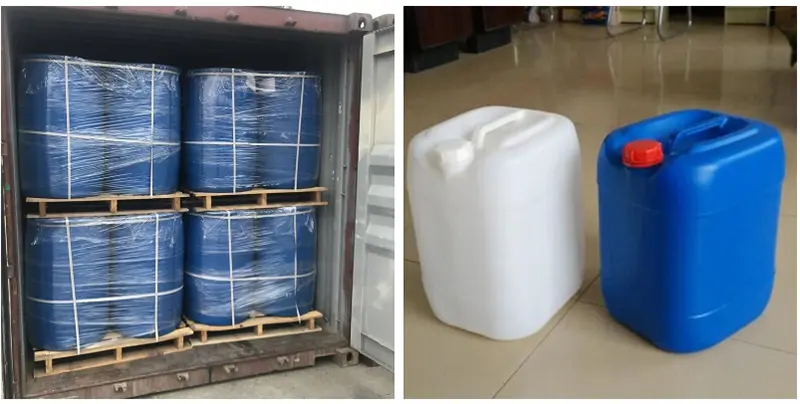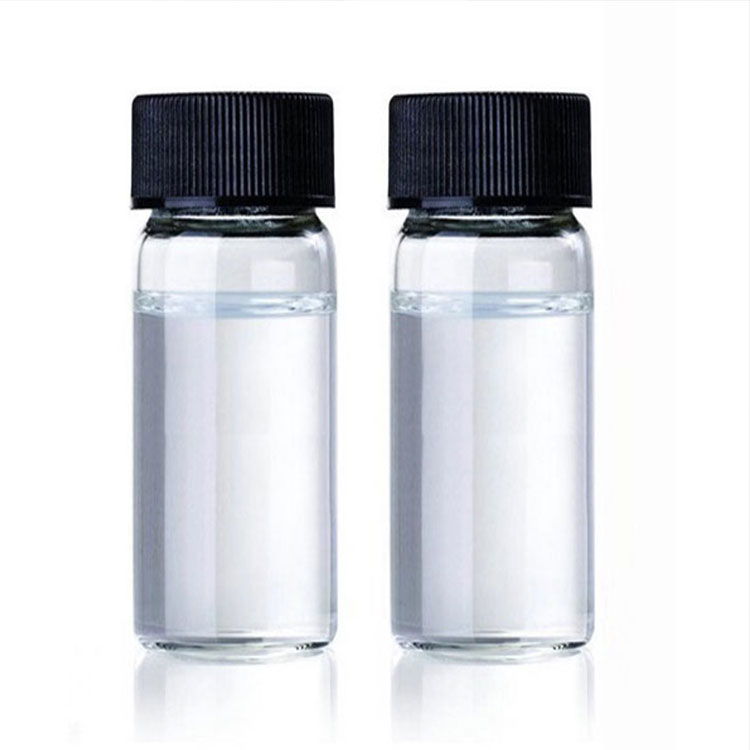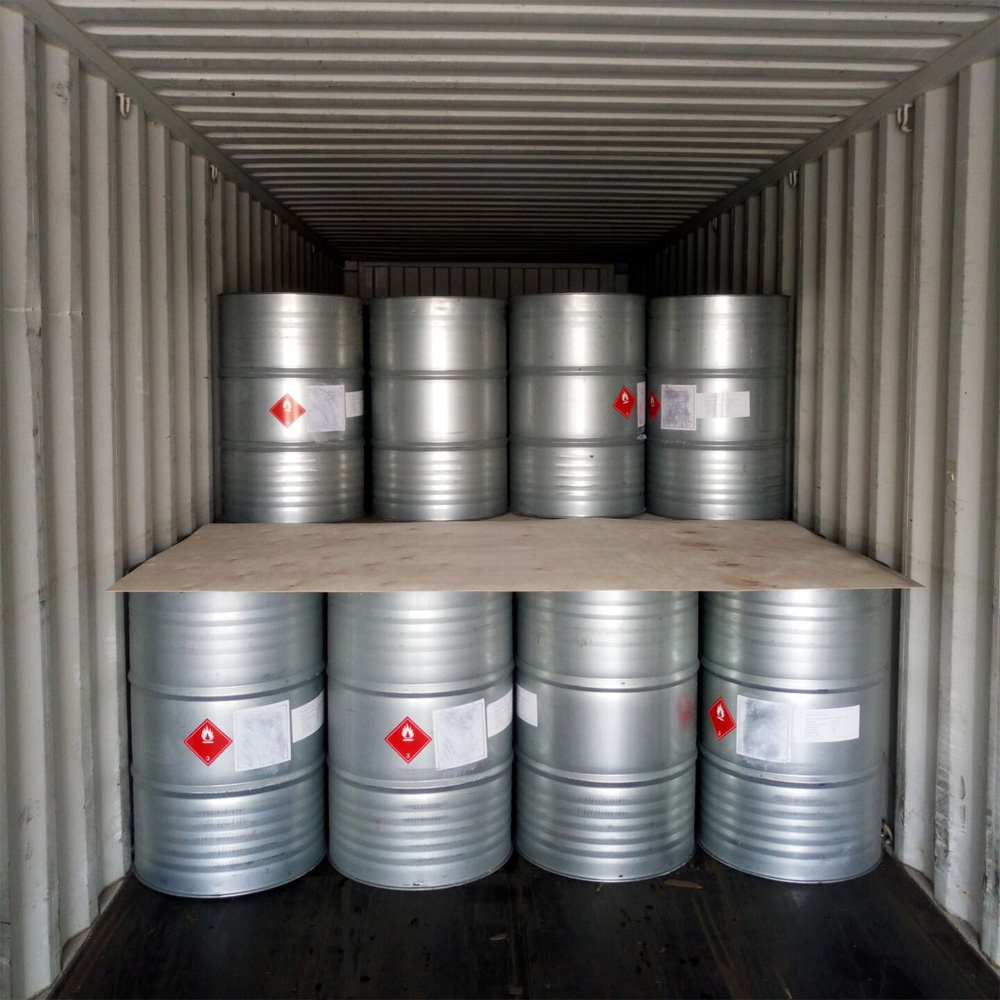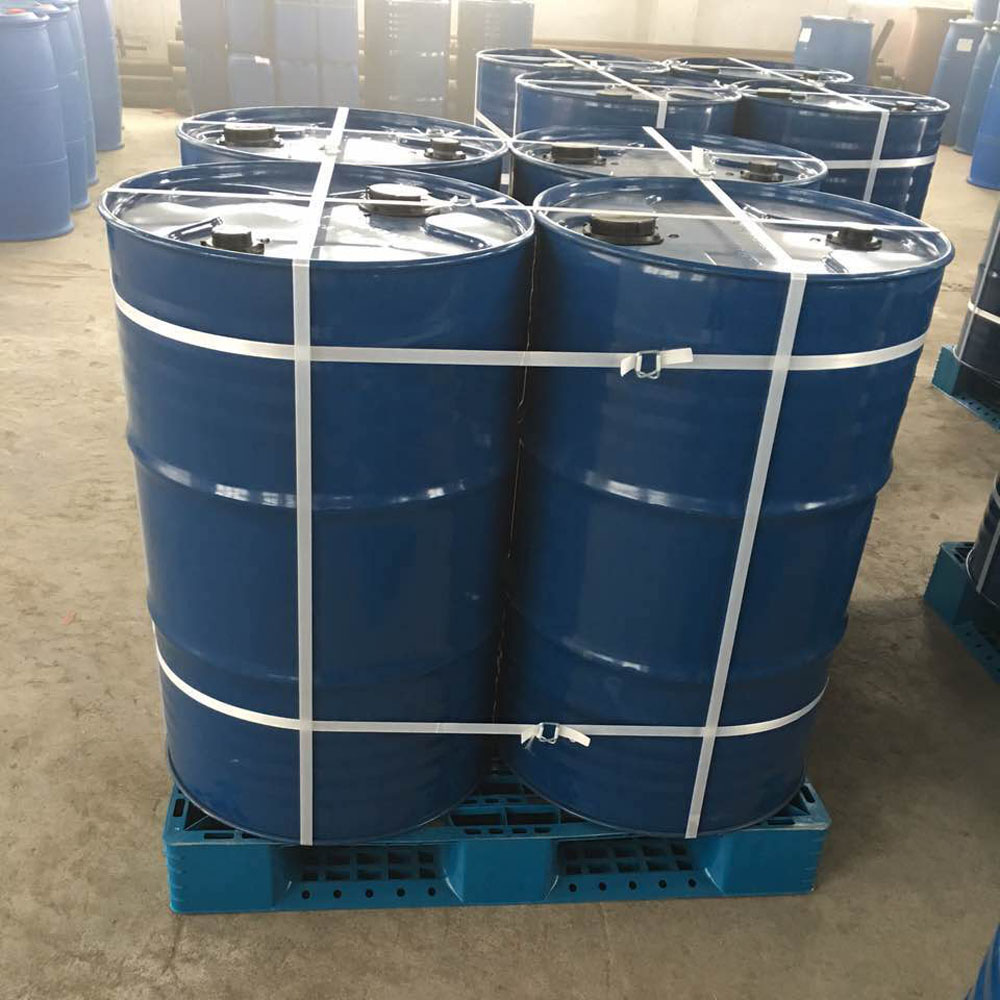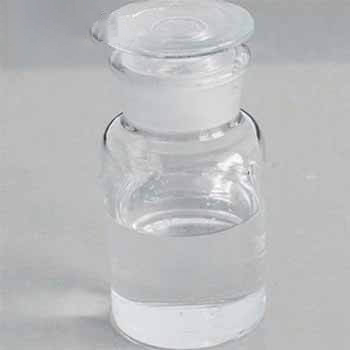Cyanamide CAS#420-04-2
Cyanamide CAS#420-04-2 Season Now in Store and Free Sample for Testing with Factory Price
Chemical Name:Cyanamide
CAS No.:420-04-2
Molecular Formula:CH2N2
Molecular weight:42.04
Sample: Available
Mode of Transportation
1. By Air, fast but expensive.
2. By Sea, usual and economy.
3. By Train, suit for middle Asia countries.
4. By Express, suit for small package.
We only provide highest quality goods available, accompanied by after support!
Products Description of Cyanamide CAS#420-04-2
Pure cyanamide is a transparent liquid, m.p.-115℃, b.p.-8.5℃, soluble in alcohols, phenols, amines, ethers, easily soluble in benzene and halogenated hydrocarbons, and 77.5% soluble in water at 15℃. High concentration cyanamide is very unstable and easy to polymerize, so stabilizers are often added. The general product is a 50% cyanamide solution, n20D1.4050, relative density 1.082.
Cyanamide Chemical Properties
Melting point | 45-46 °C (lit.) |
Boiling point | 83 °C/0.5 mmHg (lit.) |
density | 1,282 g/cm3 |
vapor pressure | 1Pa at 24.95℃ |
refractive index | 1.405 |
Fp | >230 °F |
storage temp. | 2-8°C |
solubility | ethanol: soluble10%, clear to hazy, colorless to faintly yellow |
pka | 1.1(at 29℃) |
form | Crystalline solid |
Specific Gravity | 1.282 |
Water Solubility | 775 g/L |
Sensitive | Hygroscopic |
Merck | 14,2684 |
BRN | 1732569 |
Exposure limits | ACGIH: TWA 2 mg/m3 |
Stability: | Unstable - heat sensitive. Incompatible with strong oxidizing agents, strong reducing agents, bases, acids, iron and its salts, steel, brass, lead, moisture. Reacts with acids to produce very toxic gas. |
InChIKey | XZMCDFZZKTWFGF-UHFFFAOYSA-N |
LogP | -0.72 at 20℃ |
CAS DataBase Reference | 420-04-2(CAS DataBase Reference) |
NIST Chemistry Reference | Cyanamide(420-04-2) |
EPA Substance Registry System | Cyanamide (420-04-2) |
Safety Information
Hazard Codes | T |
Risk Statements | 21-25-36/38-43 |
Safety Statements | 3-22-36/37-45-26 |
RIDADR | UN 2811 6.1/PG 3 |
OEB | B |
OEL | TWA: 2 mg/m3 |
WGK Germany | 2 |
RTECS | GS5950000 |
TSCA | Yes |
HazardClass | 8 |
PackingGroup | III |
HS Code | 29269090 |
Hazardous Substances Data | 420-04-2(Hazardous Substances Data) |
Toxicity | LD50 i.p. in male mice: 200-300 mg/kg (Doull) |
Product Application of Cyanamide CAS#420-04-2
(1) Important pharmaceutical raw materials Cyanamide is mainly used to produce cytarabine hydrochloride, dye intermediate 3-amino-5-hydroxy-1,2,4-triazole, cyanuramide, methyl cyanamide formate, cyanuramide, thiourea, carbendazim, etc.; it is also a raw material for the preparation of organic guanidines, and then produces pharmaceutical barbituric acid, sulfonamide drugs, guanidine salts, etc.; in medicine, it can also be used to produce anticancer drugs fluorouracil; cyanamide calcium salt is clinically used for alcohol poisoning and has an anthelmintic effect.
(2) Raw materials for chemical pesticides 2.1 Cyanamide can be used as a raw material for non-residue, low-toxic, broad-spectrum chemical pesticides, and can also be used to produce fungicides carbendazim, benomyl, methylpyraclostrobin, pyraclostrobin, insecticides pyrimidine, pyrimidine oxathione, herbicides chlorsulfuron, metsulfuron-methyl, sulfamethoxam, bensulfuron-methyl, benzylsulfuron-methyl, pyrazosulfuron-methyl, hexazinone, etc. It has a technological innovation significance for pesticide production. It can solve the environmental pollution problem that is difficult to solve for general pesticide manufacturers to purchase lime nitrogen to produce pesticides. Instead, they can purchase cyanamide to produce pesticides, save equipment investment, and reduce production costs. 2.2 In recent years, cyanamide has been used as a defoliant, herbicide, and insecticide abroad. It can also be used as a pesticide. In addition, cyanamide also has a certain nitrogen fertilizer effect. Cyanamide solution is used as a defoliant and non-toxic insecticide for fruit trees abroad. 2.3 Cyanamide can be used as a plant growth regulator in agriculture. It has both insecticidal and bactericidal effects. Spraying it directly on crops can effectively inhibit the activity of catalase in plants and accelerate the oxidative phosphate pentose (PPP) cycle in plants, thereby accelerating the production of basic substances in plants and playing a role in regulating growth. Field efficacy tests have shown that it can regulate the growth and increase the yield of cherries and grapes. Evenly spray the branches 15 to 20 days before grape budding, so that the buds are evenly covered with the drug, which can advance budding by 7 to 10 days, and has an early effect on the initial flowering period, full flowering period, coloring period, and maturity period. At the same time, it is a good dormancy terminator in the production of kiwifruit, big cherry, and grapes. Evenly spray kiwifruit, big cherry, and grapes during the dormancy period, so that the buds are evenly covered with the drug, which can break the dormancy period, advance budding, early flowering, early maturity, and early market launch, which has the effect of significantly increasing yield, changing the flesh quality of fruits, and improving variety quality.
Factory and Equipment Show
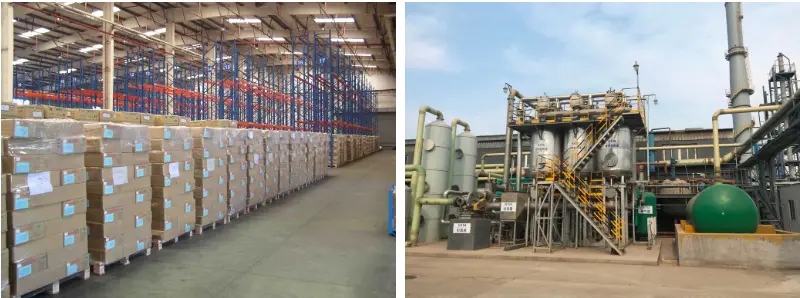

Fast delivery time
Inventory 2-3 working days New production 7-10 working days
